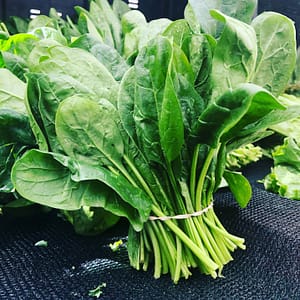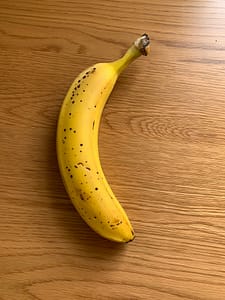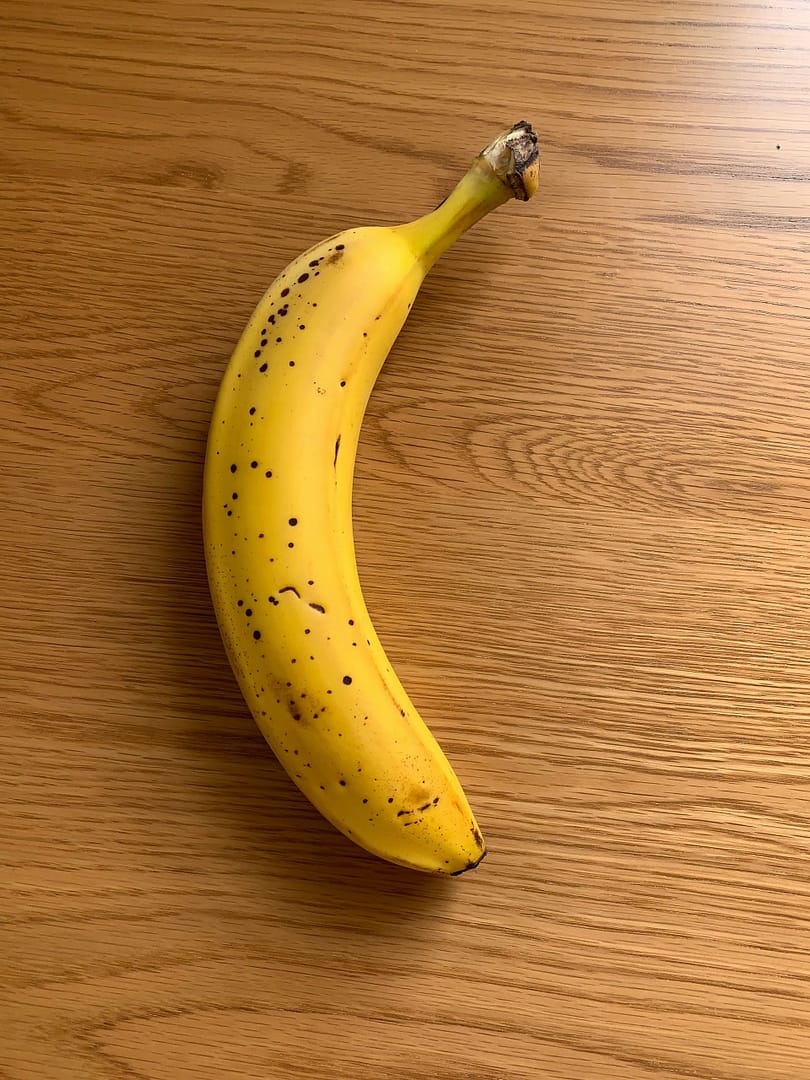
In our quest for fresh, appealing vegetables that last longer on our shelves, the use of chemicals has become a common practice. These substances, designed to extend the life of produce, may have unintended consequences on human health. Lets the various chemicals employed to keep vegetables fresh and their potential effects on us.
- Ethylene Blockers and Absorbers
One of the most natural processes in the ripening of fruits and vegetables is the release of ethylene gas. To delay this ripening and senescence, the food industry uses ethylene blockers and absorbers. While these substances can help keep produce fresh for longer, they are not without potential health implications. In industrial settings, excessive exposure to ethylene can lead to respiratory issues, although the levels used for preserving produce are generally considered safe for consumption.
- Chlorine-based Sanitizers
Chlorine is widely used to wash vegetables, aiming to reduce the microbial load and make our food safer. However, when chlorine comes into contact with organic matter, it can create byproducts like trihalomethanes (THMs) and haloacetic acids (HAAs). These compounds have been linked to an increased risk of cancer and reproductive problems at high exposure levels. The dilemma here is balancing the benefits of reducing pathogens against the potential risks of chemical residues.

- Sulfites: Preserving Color and Freshness
Sulfites are another group of chemicals used to prevent discoloration and maintain the fresh look of vegetables. While effective, sulfites can pose problems for sensitive individuals, particularly those with asthma. Exposure can lead to allergic reactions, ranging from mild to severe, underscoring the need for caution in their use.
- Organic Acids: Natural but Potent
Organic acids, such as citric and acetic acid, serve as antimicrobials to preserve the texture and color of produce. Generally recognized as safe, these naturally occurring acids can nevertheless cause irritation to the skin, eyes, and mucous membranes at high concentrations. Their natural origin does not exempt them from having potential adverse effects when not used judiciously.
- Ozone: A Double-edged Sword
Ozone is praised for its ability to kill bacteria and reduce pesticide residues, making it an attractive option for sanitizing vegetables. However, its strong oxidizing properties mean that high concentrations of ozone can be harmful, particularly to the respiratory system when inhaled.
- Preservatives: A Necessary Evil?
Various preservatives, such as calcium propionate and sodium benzoate, are added to vegetables to inhibit mold and bacterial growth. While they are generally safe within regulatory limits, over consumption or sensitivity to these substances can lead to health issues like headaches, stomach upset, or allergic reactions.
The Path Forward
The use of chemicals in preserving vegetables presents a complex picture. On one hand, they play a crucial role in keeping our food supply safe and extending the shelf life of produce. On the other, there are legitimate concerns about the potential health impacts of long-term exposure to these substances.
As consumers, it’s important to stay informed about the food we eat. Washing vegetables thoroughly before consumption is a simple yet effective step in reducing chemical residues. Additionally, supporting organic and sustainable farming practices can also be a way to minimize our exposure to these chemicals.
In conclusion, while chemicals have their place in modern agriculture, understanding their effects on human health is essential. By making informed choices and advocating for safer food practices, we can enjoy the benefits of fresh vegetables without compromising our health.

